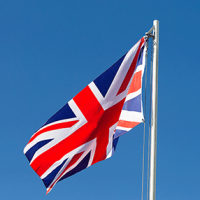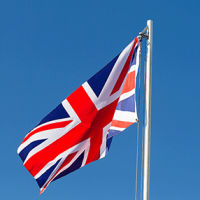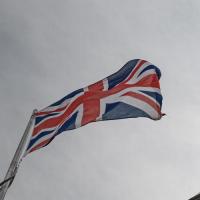
Brexit: is the customs union a solution?
The discussions are continuing in London between the Conservative and Labor parties on the possible establishment of a customs union with the EU. Setting aside, for a moment, the partisan politics, let us take a look at the substance of the issue. While a customs union would facilitate a resolution of the Irish problem and help deal with the question of rules of origin – a sensitive issue for the British manufacturing industry – we must bear in mind that a customs union is not the same as the “internal market” which, when instituted in 1992, was designed to eliminate the physical, technical and tax borders then existing between the Member States.
First, a customs union only relates to trade in goods, not in services. For the services sector, the rules in effect within the EU will cease to apply. Barring a Canada-style preferential agreement, the WTO rules will apply between the EU and the UK, and the latter will be free to negotiate with third countries.
In the goods sector, the establishment of a customs union will mean that the UK and the EU will apply “separate tariffs or other regulations of commerce for a substantial part of [their] trade with other territories” in accordance with the WTO provisions. An agreement will be necessary on the functioning of this customs union, which will not be easy. Moreover, many questions will have to be clarified, including:
Will the agreement cover all products, including agricultural products for which the European Union’s external protection is based on the common agricultural policy? And up to what degree of integration, bearing in mind that the Treaty on the Functioning of the EU provides that the functioning and development of the internal market for agricultural products must be backed by a common agricultural policy?
The extent of the UK’s alignment with EU trade regulations. Will the agreement cover all the European regulations governing the internal market and will it then stipulate that the EU Court of Justice is authorized to control the uniform application of the European regulations? Only under such conditions will goods be able to freely circulate between the UK and EU territories without any border controls aimed at ensuring that the goods in question comply with the rules in force inside the EU. Let us not forget that, in the case of agricultural products, sanitary and phytosanitary controls apply to all of them and that, for VAT purposes, the UK will remain a third country.
In sum, a customs union with the UK will be difficult to set up in light of the very conflictual aspects of this prospect, and such a union would only offer a very partial resolution of the border control issues. Unless the UK was to fully align with the European rules. But in that case, why Brexit?







